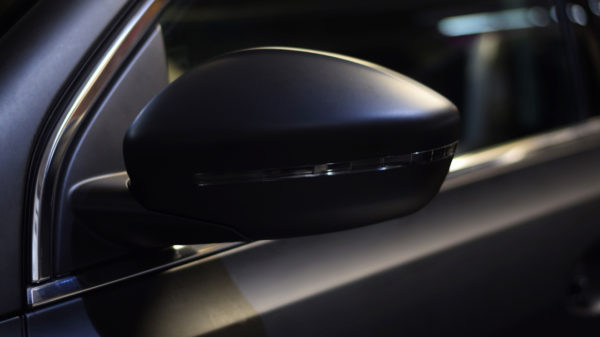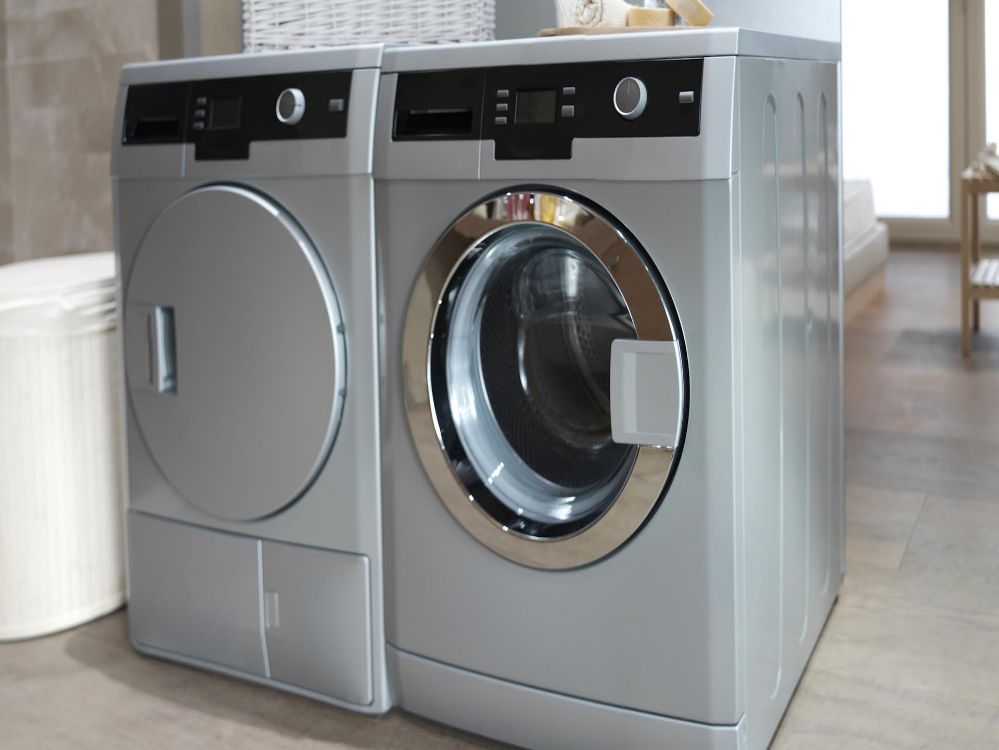How to select the right capacity washing machine depends on the buyer’s ability to notice a few of the factors that should be considered before purchasing a washing machine of his own choice. For instance, numerous numbers of washing machines differ in capacity, load, and function, while also having various features such as quick wash, different wash programs, hot wash/temperature control, digital display, protective rat mesh, child lock, delay start, and fuzzy logic. Some more features are kept in mind like;
Washing machine capacity – There are, as we know, two types, small and large capacity washing machines. The ultimate choice depends on your family size and washing frequency.
Washing machine loading type – You, as a customer, have the choice, to choose between the front load and top loading washing machine, having its own merits and demerits.
Washing machine function types – A Washing machine can be semi-automatic or fully-automatic, this depends on two factors; the customer’s requirement and his/her budget.
Washing machines are available in almost all shapes and all sizes, thus it is vital that we choose the washing machine that would perfectly suit all our laundry requirements.
In case you go for a washing machine, small in size, you will probably waste your time and effort by washing through numerous cycles. Whereas if you go for an extra-large appliance, you will face the disadvantage of wasting money on increased costs for electric power and water which is wasted.
Understanding your washing machine capacity requirement is, however, tricky, no matter if you are buying it online or from a physical store. In case of online purchase, you must rely on the measurements and specifications provided by the manufacturer, these are very tricky and difficult to visualize in your own situation. Whereas in-store, you can get a complete look at the washing machine in person, but this does not imply that you will be able to bring a load of laundry with you to test-drive machines of different sizes.
What does a washing machine’s capacity in kilogram imply?
If you see a washing machine labeled as a 5kg machine, or a 7.5kg, or a 10kg electrical appliance, this particular numerical data does not refer to the actual weight of the machine. In fact, this numerical figure depicts the weight of the laundry that the washing machine can effectively and efficiently clean, without utilizing extra power or water, or time. One must keep in mind that the higher the capacity of the washing machine, the larger and heavier they are as compared to the smaller-capacity designs. In order to ensure that the machine will fit in your laundry room, double-check a washer’s dimensions, before buying it!
Is a washing machine’s capacity in kilograms measured in wet clothes or in dry clothes?
We all know that clothes get heavier when drenched. For example, five dripping wet scarves would weigh twice as much as five dry scarves. And as an electrical appliance, a washing machine is in the business of taking up dry clothes and wetting them, this measurement is thus a bit confusing. The answer to the above question is dry clothes.
Thus when you come across a washing machine labeled as an8 kg washing machine, you’ll know that it can efficiently clean 8 kg of dry garments. Undoubtedly, these clothes will become heavier once they are wet, but the machine is mechanically designed made to handle that.
Understanding your capacity requirement.
Though washing machine capacity is usually measured in kilograms, we do not always think of the laundry loads regarding weight. One way to understand your washing machine capacity requirement is to work on the weight of the average laundry load and find the washers with a matching capacity. This can be done either by weighing each piece on a kitchen scale and summing up their total mass, or by stepping up on the bathroom scales while you carry a full wash load in a basket, and then later subtract your own weight.
Another quick and simple alternative option that does not require scales is to use the following guideline which helps in estimating your load size:
1kg of laundry = 5 shirts
Or
1 shirt 1 pair of denim jeans
Or
2 bath towels
Thus by following the above mentioned guideline, a 7kg washing machine should be efficiently able to clean a load of around 35 shirts, or more than a dozen bath towels. These measurements should thus be utilised as general guidelines. Therefore, all clothes come in all shapes, sizes and styles, and it is very rare for any laundry load to include just the same type of garment.
But if you are able to calculate the approximate size of your household’s average wash load, and then compare it to these guidelines, you can achieve a better idea of what capacity washing machine will best suit your laundry’s needs. For instance, if a dirty laundry basket holds the equivalent of 50 shirts, then a 10kg washing machine should be able to get the lot washed, without spending too much time, effort, energy or water.
Heavy laundry items like furry blankets and curtains require a lot of space to wash properly. A washing machine with a smaller capacity might not only provide the bulky items an unfinished clean, but it also damages the items if they are caught, tangled, stretched or torn apart.
Thus as a general principle, you will require a washer with a capacity of an at least 6kg weight to effectively wash the blanket from a single-sized bed. Double beds will require 7kg, Queen Beds will require 8kg, and King beds will require 9kg. And a full-sized laundry set of floor-to-ceiling curtains; you will require a washer with a capacity of at least 10kg weight to clean them well.
Please remember, if you want to wash heavy items without the risk of wear and tear, try to go for a washer with the feature of a special Bedding cycle or some similar feature so as to provide these items with the best possible treatment.































































You must be logged in to post a comment Login